 Dr Olufunmilayo Akinfenwa
Dr Olufunmilayo AkinfenwaDr Olufunmilayo Akinfenwa is a retired Commissioner of Police and currently a lecturer at the Department of Criminology and Security Studies, Lead City University, Ibadan. In this interview with ROTIMI AGBOLUAJE, she highlighted the challenges of the Nigerian Police, the role of state police, and imperative of concerted efforts ineffective policing.
What do you think is wrong with the policing system in Nigeria, realising that you have spent the better part of your life as a police officer?
The policing system is fine, good, and going well. But for such an organisation to thrive, it must continue to be updated to meet with best practices around the globe. There is need for constant updating and reviewing of strategies in terms of training, policies, procedures, rules, and regulations.
What are the challenges facing the police?
The problems with the police organisation all over the world, Nigeria inclusive, border on welfare, infrastructure, human resources, and logistics.
Specifically, in Nigeria, policing is stressful. Officers and men are generally encumbered by external, operational, organisational, and personal stresses. The police give their lives to the people and put their lives on the line. When a police officer goes out in the morning to carry out his daily duties, he doesn’t know when he would come back or whether he would come back, alive or dead. So, every policeman that goes out on a daily basis carries diverse stress on him, coupled with the fact of coming face-to-face with criminals.
Behind their minds, something is saying that if one makes a little mistake, he or she is gone. They will criticise the police, raise motions against them on legal grounds, and they would be accused of trampling on the rights of the citizens. These would likely aggravate their stress.
However, there are ways the situation can be managed. The police need to do more in terms of developing the psyche of an individual police officer, build up their character to always overcome the stress, and consciously preparing their minds so that the stress will not overwhelm them in the field of policing.
Also, their remuneration should be looked into from time to time. The situation where police officers keep hearing that other sister organisations earn more than them is not the best. The most unfortunate aspect is that you find police officers on the road 24/7; even at night. Police have no other business to profit from but ensure that there is maintenance of law and order, and people’s rights are not trampled upon.
For the organisation, we should be talking about more logistics and vehicles that would run the system. I’ve been a Divisional Police Officer (DPO) in about five or six divisions in the course of my career. The DPO, as the divisional manager, does a lot to ensure that the division runs well. How much is allocated to each division to generally run the station on a daily basis?
Do they have money for fuel? Do they even have serviceable vehicles? Do they have the operational walkie-talkies for ease of communication with the control room and as well connect with others on outside operations all over to put the division alive? If you are a DPO, in fact, you do so much to engage the community members for collaboration.
You have been in this sector for over 30 years. If you are appointed as the chairman of the Police Service Commission (PSC) now, what reforms will you carry out?
The Police Service Commission, as a constitutional body like the Nigeria Police Council (NPC), is for the organisation, administration, and general supervision on policies and procedures of the Nigeria Police Force and all matters relating to the police. I will look at it from the angle of administration and policies, as well as the relationship between the police and the populace whom they are expected to partner with in curbing insecurity and have the citizenry protected. I will beam my searchlight on these areas, and devise strategies to revive the Nigeria Police Force.
Is Nigeria under-policed?
By the United Nations standard, the answer is yes. A practical example could be seen in this area. How many police did you see on the road when you entered this community? There is a need for visibility policing but they are not sufficient. Even if we go digital, we will still need human beings to man the system.
One of those issues Nigerians talk about is alleged human rights abuses by police officers. What will you say about this?
Things are changing, and the police are also aware of that. I make bold to say that the police organisation has done so much in that line to expose the officers and men to what human rights are and how they should have respect for citizens’ human rights.
However, the area I want us to look at is the sensitisation of the general public. Do they even know what the police stand for? The United States community used to have that problem. The American people didn’t even know the objectives of the police then. They castigated the police. But today, it’s no longer the case. In Nigeria, we need a lot of sensitisation to let people know what the police stand for. The police and the people need to work together as without the public, there is no police.
What are those things Nigerians are yet to know about the police that is giving them misconceptions about the organisation?
Policemen remain on duty 24 hours, seven days, running shift duty, and sometimes not closing for more than 24 hours, when the exigency of duty calls for that. It must be realised that policing is not a business, but the people and the community are the number one commodity in policing.
For organisations, the bottom line is to have profit. In policing, ensuring that citizens’ rights are protected is the profit. In essence, the police are in the people’s business. This is the commitment of the police on a daily basis. As such, they are dedicated to ensuring that duties assigned are effectively and efficiently performed even in the face of overwhelming associated stress.
The citizenry must know and appreciate this and be willing to partner with them in solving problems of crimes. In times of occasional disagreement, the citizenry could leverage the partnership and together find solutions as without the public, there can be no police, according to Robert Peel.
You early submitted that the country is under-policed, and many have suggested that the way out is state police, which is at the front burner in the National Assembly. Are you in support of state police?
Is that our problem? The centralised police arrangement we have is not doing too well. There is no sufficient manpower while other myriads of problems are equally evident. When we come face-to-face in operation with miscreants, hoodlums, and insurgents, can we match up with them? Is state police our problem? Yes, it is good, but I can say that we have not got to that level. How well have we fared under a centralised police system?
Let’s see what will happen when we have empirical research into these areas, and we will have sufficient informed knowledge to know whether we are ripe to have a state policing system or not. That’s not our problem for now. In the future, we could grow into that, but at the same time, community policing philosophy is the way out for policing in the 21st century.
You won’t have a vibrant state police without the implementation of community policing. Community policing means partnering with all stakeholders to prioritise and solve the problems of crime. It means all stakeholders, cutting across all walks of life – driver unions, local government, federal government, civil society organisations, faith-based organisations, student unions and others – coming together with the police to address the issues of crime.
One of the big challenges in this country is insecurity. What is the solution?
Dealing with security challenges requires a holistic and pragmatic approach. The police can’t do it alone; neither can the military solely achieve success in dealing with insecurity. All hands must be on deck. The police, the military, and other security agencies must now take the bull by the horns without relenting.
Again, the major problem we have is our rural communities, which lack any modicum of development. The communities are full of bushes and forest areas, which have become the hideouts for insurgents, bandits, and men of the underworld. The government must pay more attention to our rural communities. If our rural communities can be developed and security measures are put in place to close up every outlet, then they would be running away. When they see that all areas through which they can come in to wreak havoc have been tightened up, they will run away.
Are you saying there are no security challenges in cities?
Far from that. I won’t say so, but the trend now reveals that they come in from uninhabited rural communities into the cities through their collaborators. Let me add this, I don’t see poverty as a reason for criminality. Anyone who wants to be a criminal will be, irrespective of whether he is poor or not.
Are you saying socio-economic challenges are not a recipe for criminality?
It may contribute, but it’s not a major cause. If all the poor people in this society had to go into crime, then you should know what we would be faced with. There are so many poor people, and just a fragment of them are into criminality.
There are many ministries whose jobs have to do with security – Defence, Interior, Police Affairs, among others. How will you assess them in the last one year?
I can’t sit down here and tell you that they are not trying their best. I’ve been in the system. I was there. I would say all hands must be on deck. There should be inter-agency collaboration, no rivalry in tackling insecurity head-on. We have the brains to give the country the best. Therefore, all must work as a team.

 6 months ago
29
6 months ago
29
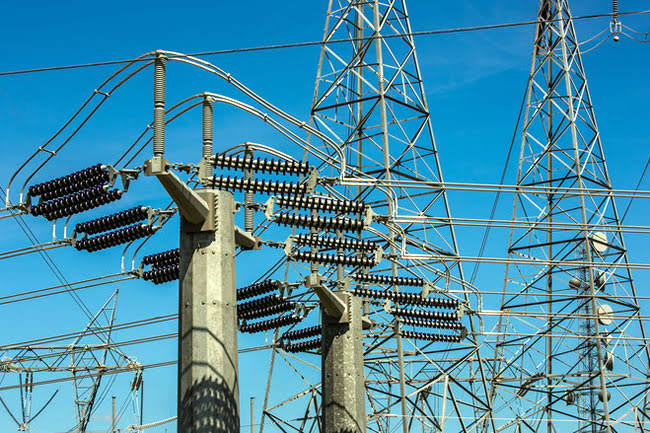
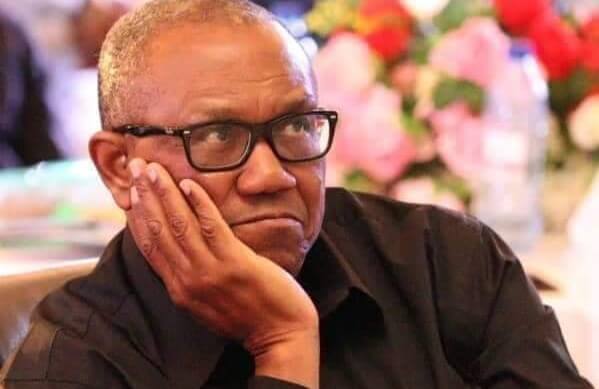


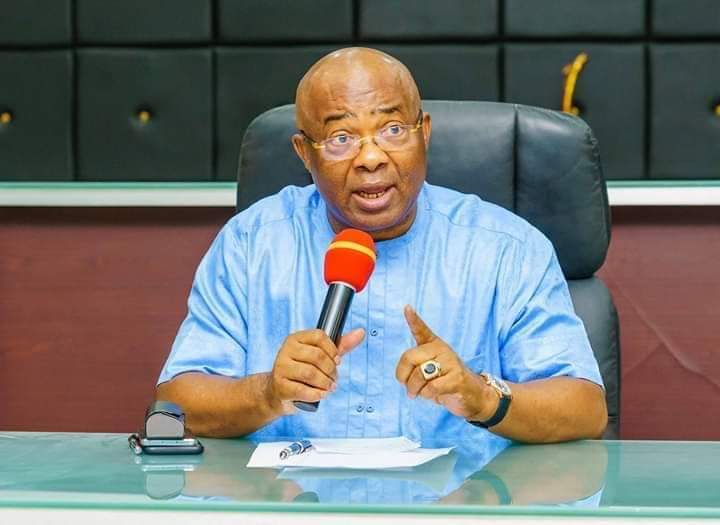

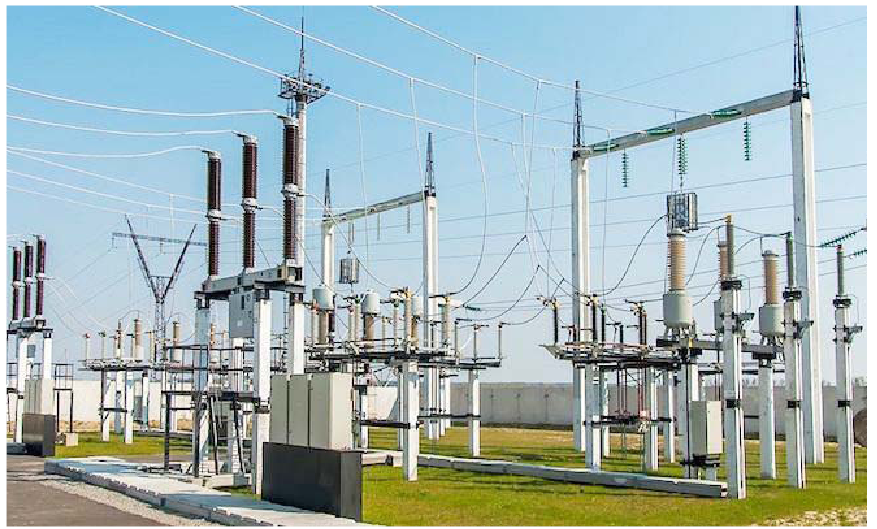
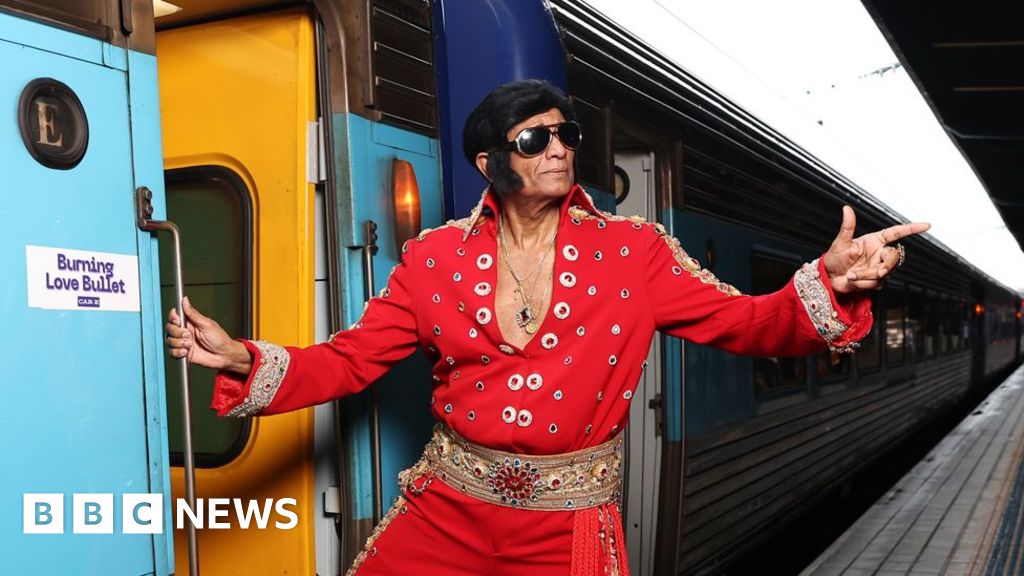
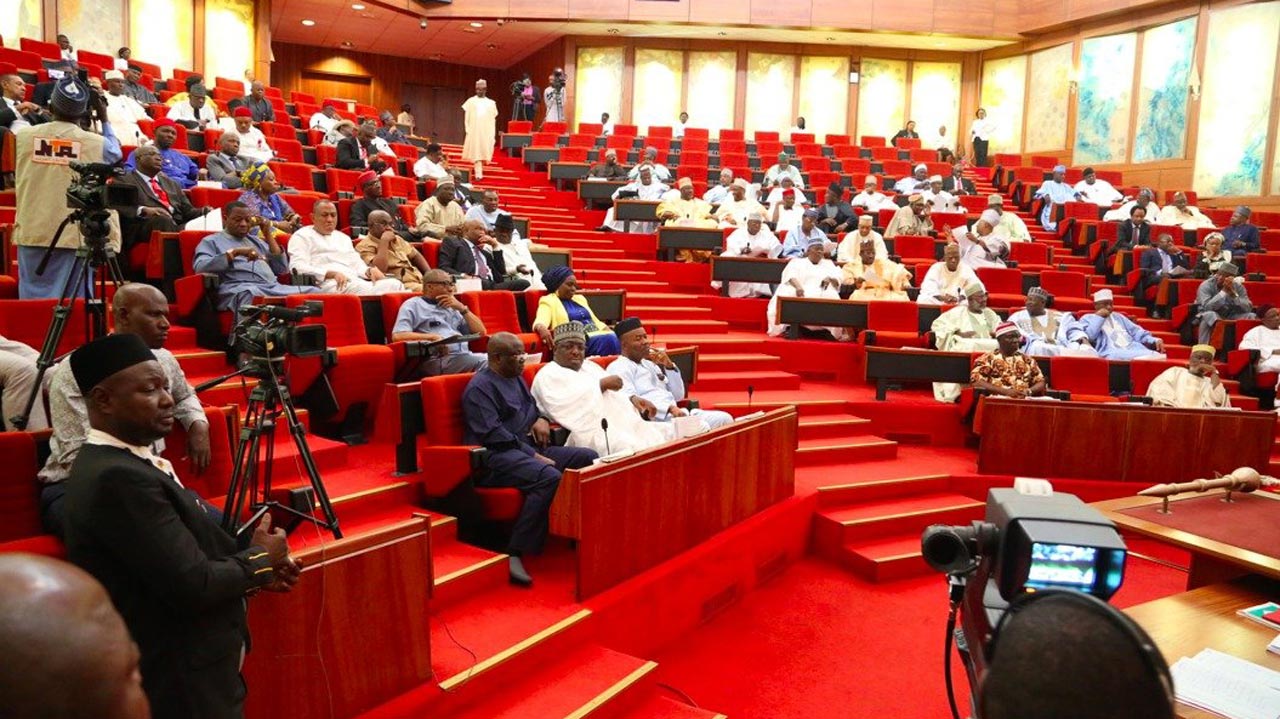
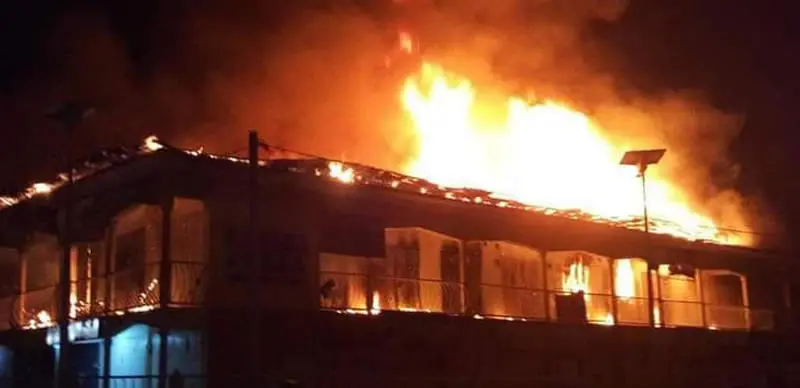

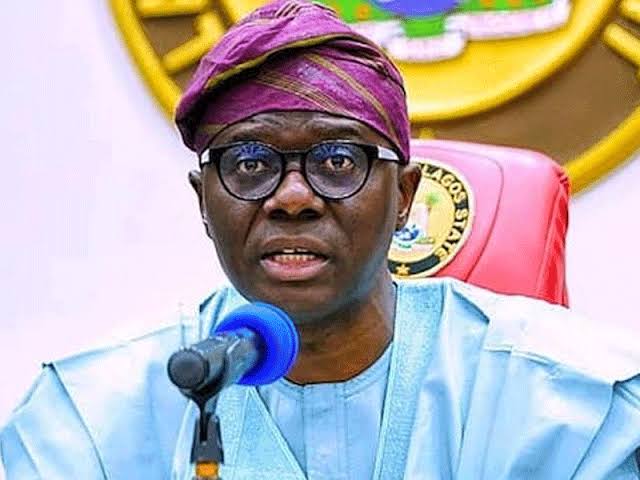
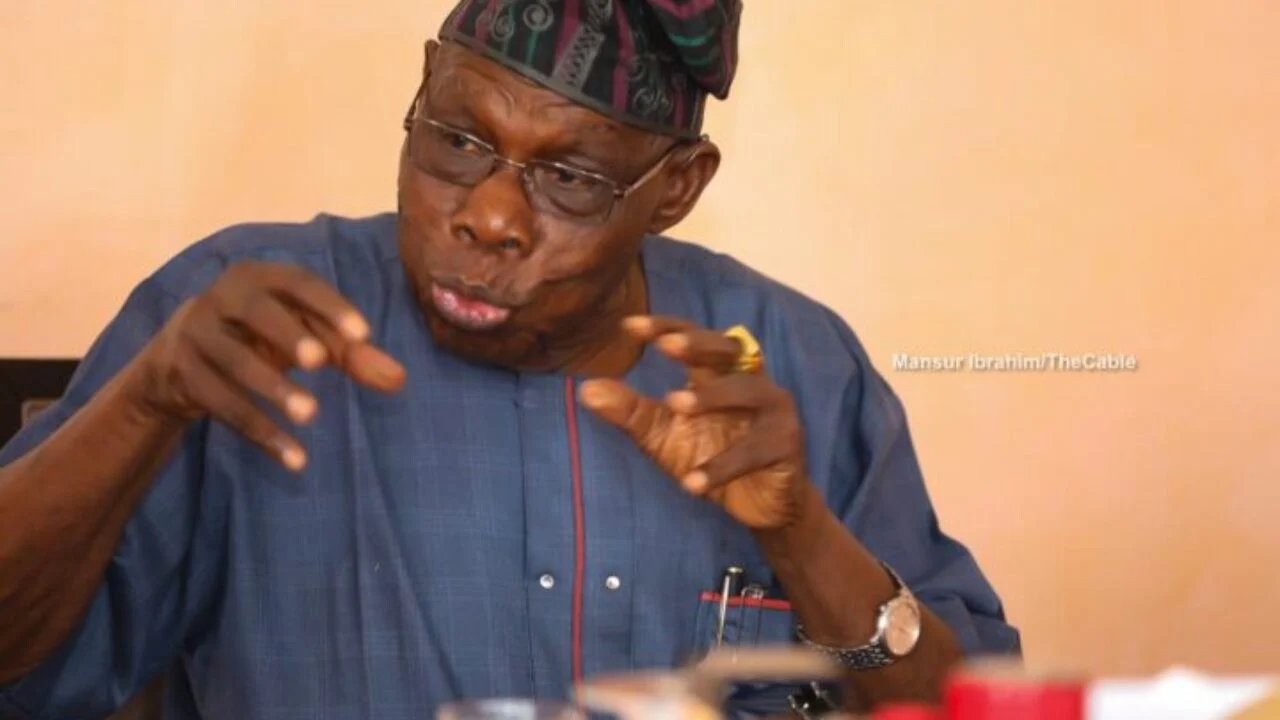

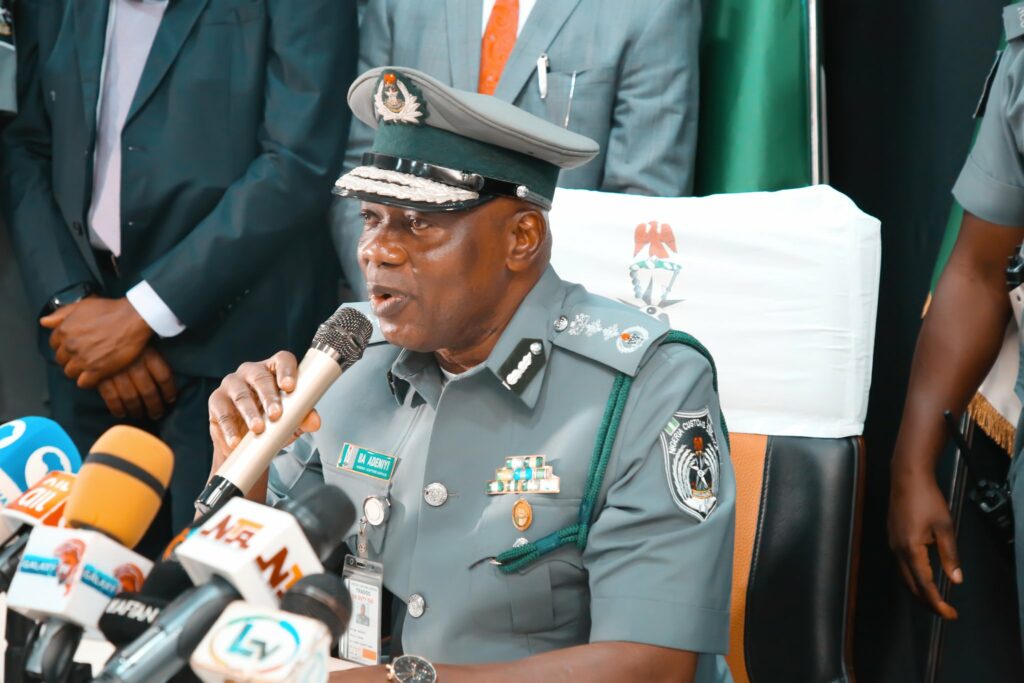
 English (US) ·
English (US) ·